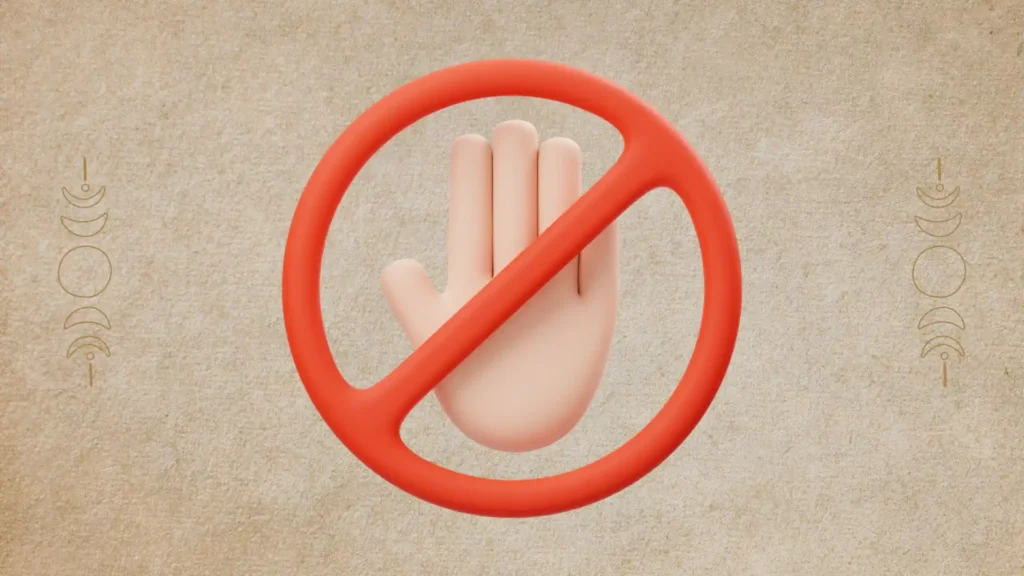This article explores the biblical roles of fathers and underscores the significance of their presence in their children’s lives. It emphasizes how the absence of a father can impact a child’s upbringing, both spiritually and emotionally, with the ultimate message that God’s love can fill the void left by an earthly father’s absence.

The Bible, a source of guidance for millions around the world, provides plenty of instructions and insights on the role and responsibilities of a father. It lays out a blueprint of how fathers should conduct themselves, which indirectly conveys the importance of their presence in their children’s lives.
Let’s explore the biblical perspective on this important topic
Duty of Providing for the Family
But if anyone does not provide for his relatives, and especially for members of his household, he has denied the faith and is worse than an unbeliever.
1 Timothy 5:8
When a father is absent or neglects his role in providing both material and emotional needs for his family , It could be a grave matter from a spiritual and moral perspective.
The verse implies that not taking care of one’s relatives, especially those living in the same household, is akin to a denial of one’s faith and even worse than being an unbeliever.
In essence, it emphasizes that faith should be reflected in one’s actions, including the provision and care for one’s family.
Proactive Role of Fathers
Fathers, do not provoke your children to anger, but bring them up in the discipline and instruction of the Lord.
Ephesians 6:4
This verse hints at the proactive and pivotal role fathers are expected to play, underscoring the importance of a nurturing, instructive, and disciplined upbringing based on godly principles.
Instruction and Correction
Train up a child in the way he should go; even when he is old he will not depart from it
Proverbs 22:6
The term “train” suggests a hands-on approach to child-rearing, involving instruction, correction, and consistent guidance. A father’s absence would compromise the fulfillment of this directive, potentially leaving a gap in the moral and spiritual development of the child.
These commandments that I give you today are to be on your hearts. Impress them on your children. Talk about them when you sit at home and when you walk along the road, when you lie down and when you get up
Deuteronomy 6:6-7
This verse highlights the responsibility of fathers to pass down spiritual values and teachings to their children actively. It encourages open and ongoing discussions about faith within the family.
Positive Parenting
Fathers, do not embitter your children, or they will become discouraged
Colossians 3:21
the concept of embittering is indeed a key factor in strained father-child relationships .It can include harsh criticism, constant negativity, verbal or physical abuse, neglect, or a lack of emotional support.
it can strain the father-child relationship to the point where the child may choose to distance themselves from the father. This can eventually lead to an absence of the father in the child’s life, which is not in alignment with the ideal family structure and parenting as described in the Bible.
The Tragic Story of Eli and his sons
Eli was the high priest and judge of Israel. He was a righteous individual, but his two sons were “worthless men”, They exploited their priestly roles for personal benefits, sleeping with the women who serve at the entrance to the tent of meeting.
Eli warned his sons of the consequences of sinning against the Lord, but they do not listen to their father’s rebuke. Eli seems to be the kind of parent whose warnings or reproofs lack enforcement and resolve; where a child knows that wrongdoing might result in words of disapproval, but never faces any real consequences.
For I told him that I would judge his family forever because of the sin he knew about; his sons blasphemed God, and he failed to restrain them.
1 Samuel 3:13
God sent messages to Eli, telling him that if he didn’t control his sons, they would die, and bad things would happen to his family. Eli still didn’t stop his sons. Eventually, his sons died on the same day in a battle, and when Eli heard about it and about the loss of the Ark of God, he fell, broke his neck, and died.
Message for Modern Families
The story of Eli and his sons teaches us a lot about being parents and the challenges it brings, especially about balancing time between family duties and other activities. Eli was a priest but didn’t pay enough attention to his own son. This story shows us how important it is to put family and our duties to them first, before other things, no matter how important those other things seem. It reminds us to focus on family prayers, learning about the gospel, and spending quality time together, instead of letting other activities take over .As truly stated, “No other success can compensate for failure in the home.”
God as the Ultimate Father
Individuals who have lacked paternal love or presence can find solace and hope in the biblical depiction of God as a heavenly Father who embodies both compassion and discipline
If ye endure chastening, God dealeth with you as with sons; for what son is he whom the father chasteneth not?
Hebrews 12:7
It portrays that enduring hardships as a form of divine discipline meant to foster growth and moral uprightness, not as a form of punishment.
For those feeling the absence or neglect of an earthly father, this understanding of God provides a comforting presence, offering unconditional love, guidance, and support.
God’s role as the ultimate Father signifies that everyone, regardless of their familial background or experiences, has access to enduring love and moral guidance, ensuring that no one is truly fatherless or alone in their journey.
Lesson for earthly fathers
Hebrews 12:7 encourages fathers to be role models, demonstrating resilience, endurance, and unconditional love, mirroring God’s nurturing and guiding presence
It teach us about the significance of harmonizing discipline with compassion, highlighting ttthat discipline, administered with love and understanding, is crucial for molding character and instilling moral values.
Final Thoughts
In essence, while an absent father may present challenges, it doesn’t negate the possibility of a child receiving the necessary spiritual upbringing and guidance from other caring and responsible individuals such as mothers, grandparents, guardians, or even members of a supportive community.



